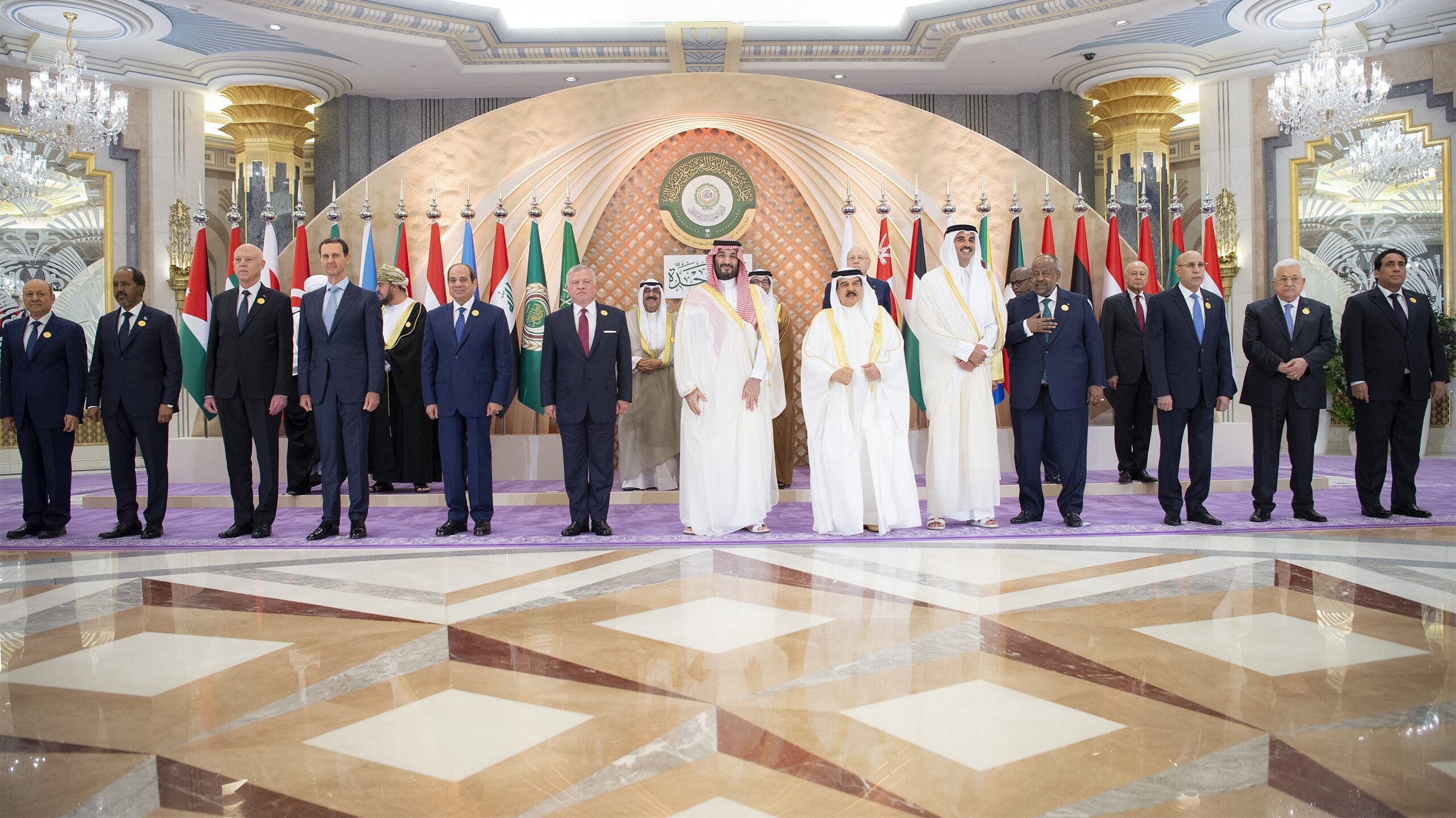Urgent Strategic Questions Following the Arab Summit
Al-Masry Al-Youm, Egypt, June 21
The 32nd Summit of the League of Arab States was held in the Kingdom of Saudi Arabia on May 19, during a period of great tumult throughout the world and the Middle East. I was pleased to observe Syria take part in the Arab League’s meetings, despite several Arab countries’ resistance to its inclusion. Additionally, the recent Saudi-Iranian agreement had a massive impact prior to the summit. The success or failure of the summit boils down to its capacity to address three distinct levels of issues: crisis issues that require immediate attention; challenging matters that require short- or medium-term action plans; and strategic objectives that necessitate longer-term plans. Addressing such matters is of the utmost importance during this period of worldwide transformation and redrawing of the Middle East’s boundaries. Saudi Arabia’s diplomacy deserves recognition, as the kingdom is responsible for facilitating Bashar Assad’s participation in the summit. This faith-building measure signifies Syria’s commitment to rejoining the Arab world and tackling political, security, social, and economic issues. The Amman Declaration on May 1 and Ministerial Resolution No. 8914 of the Arab League played an integral role in Syria’s invitation to the summit. Both initiatives stressed the importance for both parties to take gradual steps and foster trust and collaboration. The symbolic removal of Iranian flags in Syria denotes the fragility of the situation. Syria will have to bear in mind the consequences of its alliance with Iran since any harm to the Arab nations’ interests will be ill-fated. Jordan recently participated in military action against drug traffickers in Syria, furthering hope for the return of refugees and displaced persons. Consequently, all Arab nations should renew their diplomatic ties at the ambassador level and contribute to Syria’s economic reconstruction. To ensure prosperous relations in the future, wise, sober decisions will be essential. The conflict in Sudan has had dire humanitarian consequences and significant ramifications in the region. In response, Saudi Arabia launched the Jeddah Declaration of Commitment to Protect the Civilians of Sudan, a first step to addressing this emerging humanitarian crisis. However, this initiative requires further commitment from world leaders through the establishment of monitoring mechanisms, the launch of negotiations between the warring parties, and the immediate cessation of violence on the ground. The Arab region faces other pressing issues such as the situations in Libya and Yemen and their relations with Iran, Turkey, and Israel. Disappointingly, the Arab League Summit provided no concrete solutions to any of these. At the very least, the summit should have appointed an Arab League envoy to coordinate with the United Nations and various stakeholders in Libya. This envoy should prioritize unifying government institutions over inter-factional competition and encourage the Libyan factions to come to a common agreement for national elections. The recent cease-fire extension between Iran and Saudi Arabia provides a glimmer of hope for the region. Nonetheless, the Arab Summit must continue to prioritize Yemen and long-term strategic matters such as water scarcity management, food security, and public health, Arab and regional security, future political, military, and social prospects, the geopolitical roles of traditional and emerging powers, economic development, and the integration of the Arab market. Joint working groups could prove vital for addressing such complex issues. Recent diplomatic efforts by Saudi Arabia have revealed a renewed spirit of constructive cooperation and creativity, encouraging strategic thinking. The closing speech of the Arab summit in Jeddah was infused with a newfound realism, emphasizing the importance of enhancing cooperation between Arab powers rather than relying on the usual Arab discourse of consensus and uniformity. Additionally, the speech underlined the critical role of human capabilities in realizing collective objectives. Although multiple bilateral meetings have occurred in Jeddah, the key to unlocking the region’s potential is through multilateral initiatives. I recently delivered a keynote address at a major international conference, during which I strongly asserted that the occupation of a state’s territory by force, as had occurred in Ukraine, is a violation of international law, regardless of any instigating activities on the part of the West. During the regional Arab summit, however, I was disappointed to find that Ukrainian President Zelenskyy failed to note the most conspicuous case of occupation in our world today: the Israeli occupation of Palestinian territories, which has been taking place in the past seven decades. This was nothing short of duplicitous behavior; by disregarding this pressing issue, President Zelenskyy squandered a major opportunity to take a moral stance on a dire situation. —Nabil Fahmy (translated by Asaf Zilberfarb)

